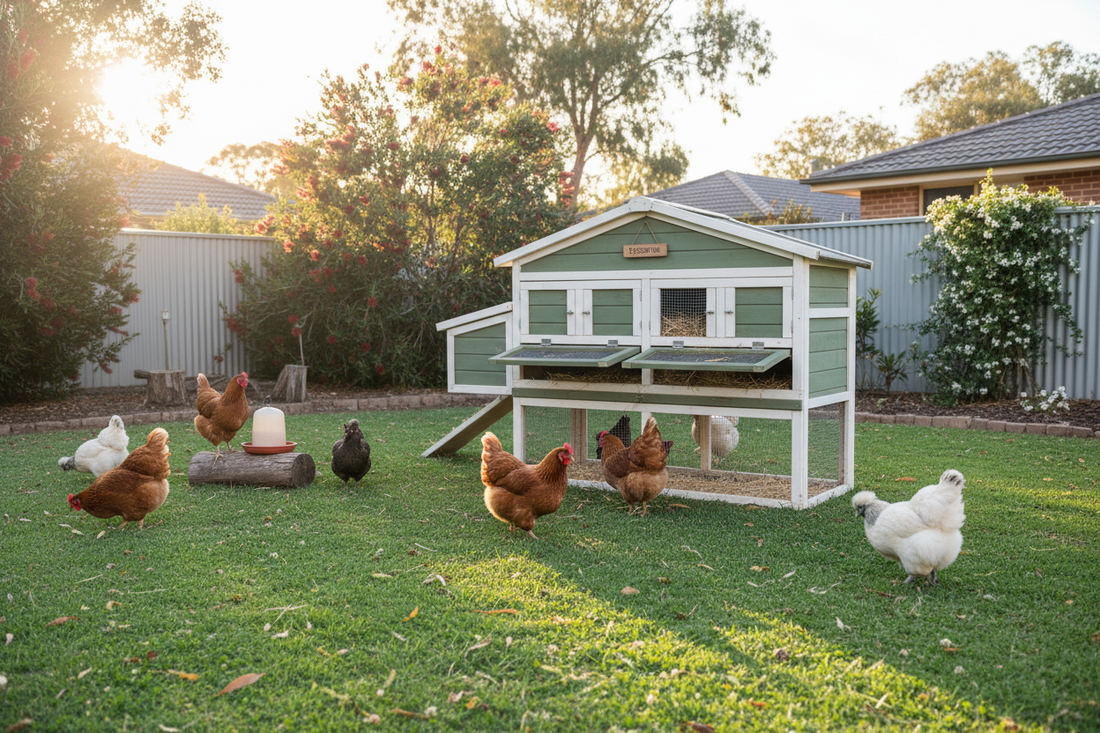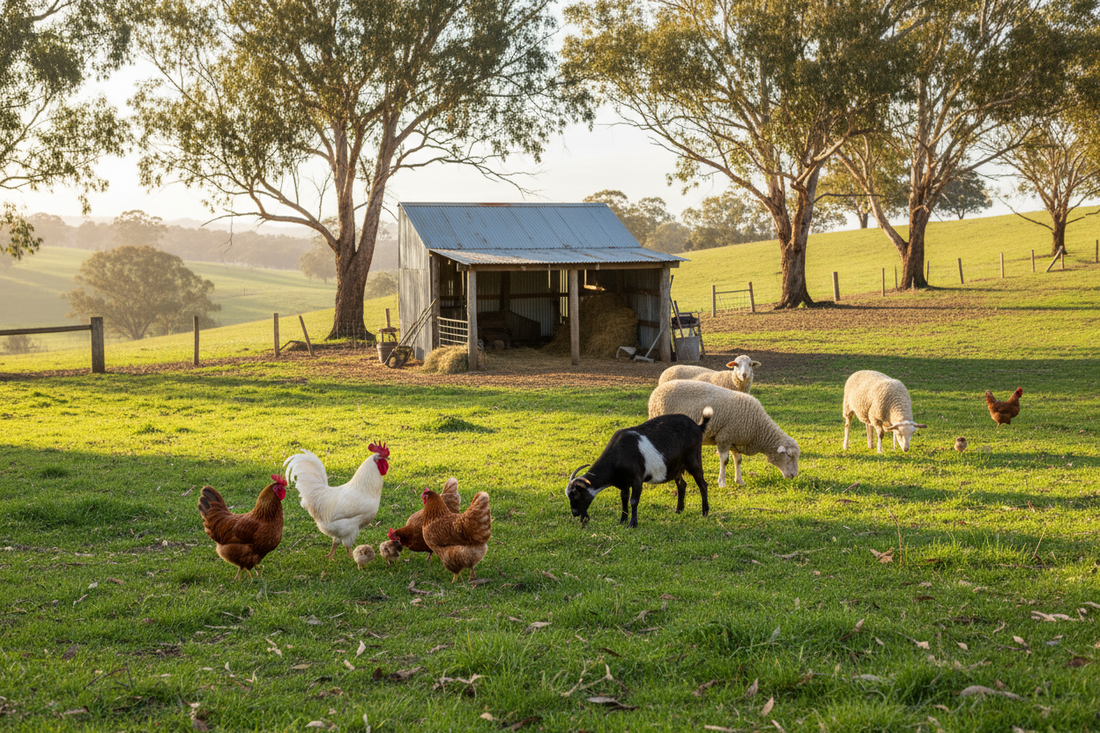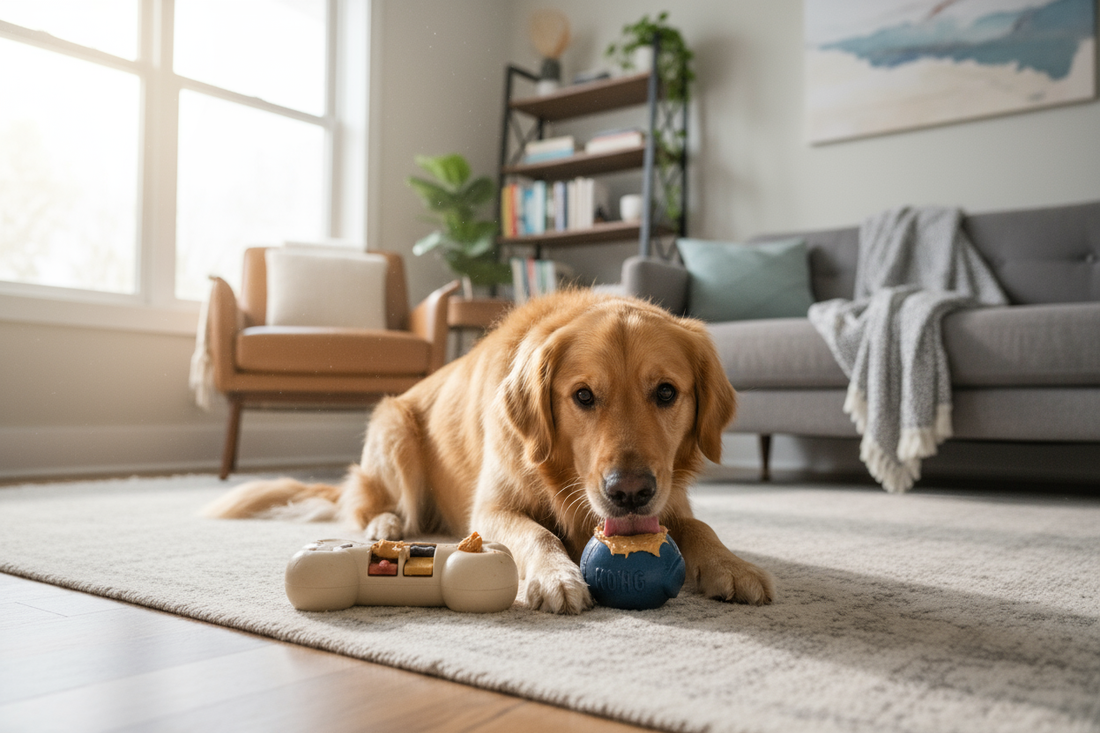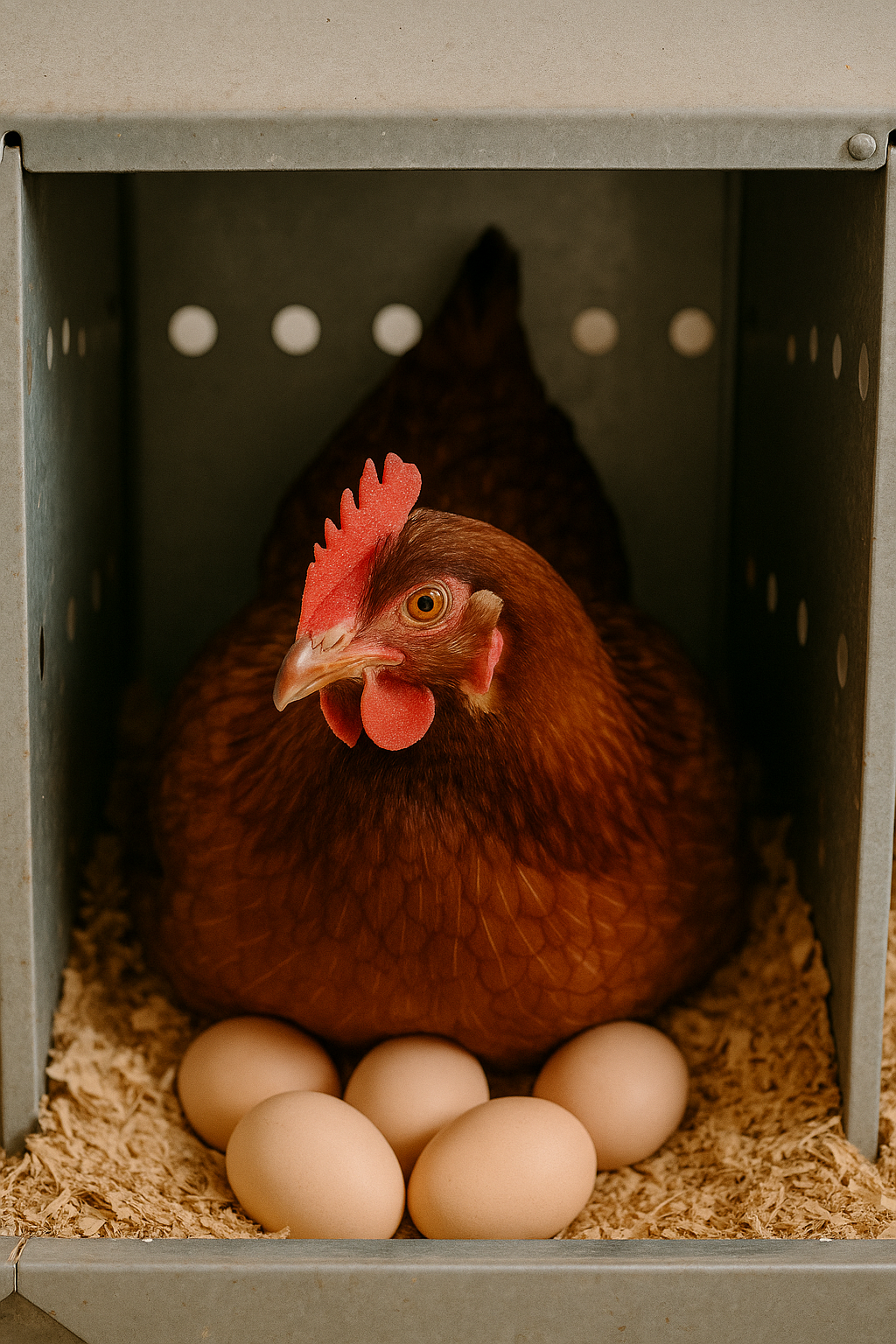
Complete Guide to Backyard Chicken Coops: Choosing, Setting Up, and Maintaining Your Coop
Whether you're a first-time chicken keeper or looking to upgrade your existing setup, choosing the right chicken coop is one of the most important decisions you'll make. A well-designed coop keeps your flock safe, healthy, and productive. In this comprehensive guide, we'll walk you through everything you need to know about backyard chicken coops.
Choosing the Right Chicken Coop
Size Matters
The golden rule for coop sizing is to provide at least 1-1.5 square metres per bird inside the coop, and 2-3 square metres per bird in the outdoor run. Overcrowding leads to stress, pecking, and disease, so it's always better to size up if you're unsure.
Types of Coops
Mobile Coops (Chicken Tractors): Perfect for small flocks of 3-6 birds. These portable coops allow you to move your chickens around your yard, giving them fresh grass and naturally fertilising your lawn.
Stationary Coops: Ideal for larger flocks or permanent setups. These can be custom-built or purchased as kits and offer more space and features.
Walk-In Coops: Best for serious chicken keepers with larger flocks. The ability to walk inside makes cleaning and egg collection much easier.
Essential Features to Look For
- Ventilation: Proper airflow prevents moisture build up and respiratory issues
- Predator Protection: Secure latches, buried wire mesh, and solid construction
- Nesting Boxes: One box for every 3-4 hens
- Roosting Bars: Chickens prefer to sleep elevated off the ground
- Easy Access: Doors for cleaning and egg collection
- Weather Protection: Shelter from rain, wind, and extreme temperatures
Setting Up Your Chicken Coop
Location, Location, Location
Choose a spot that offers:
- Good drainage to prevent muddy conditions
- Partial shade to keep birds cool in summer
- Protection from prevailing winds
- Easy access for you to collect eggs and clean
- Distance from neighbours if noise is a concern
Foundation and Flooring
Your coop needs a solid foundation to prevent predators from digging underneath. Options include concrete slabs, pavers, or treated timber frames with wire mesh floors. Many Australian chicken keepers prefer raised coops to improve ventilation and deter snakes and rodents.
Bedding and Litter
Quality bedding absorbs moisture and makes cleaning easier. Popular options include:
- Wood shavings: Excellent absorption, pleasant smell
- Straw: Affordable and readily available
- Hemp bedding: Superior absorption and odour control
- Sand: Easy to clean and provides dust bathing opportunities
Essential Equipment
Stock your coop with:
- Feeders and waterers (elevated to prevent contamination)
- Grit and shell containers for digestive health and strong eggshells
- Dust bathing area to control parasites
- Perches at varying heights
- Nesting box material (straw or wood shavings)
Maintaining Your Chicken Coop
Daily Tasks
- Collect eggs
- Check and refill water
- Provide fresh feed
- Quick visual health check of your flock
- Secure the coop at night
Weekly Tasks
- Remove droppings from under roosting bars
- Top up bedding in nesting boxes
- Clean feeders and waterers thoroughly
- Check for signs of pests or predators
Monthly Tasks
- Deep clean the entire coop
- Replace all bedding
- Inspect for damage or wear
- Check ventilation is working properly
- Treat for mites and lice if needed
Seasonal Maintenance
Summer: Ensure adequate shade and ventilation. Provide extra water sources. Watch for heat stress.
Winter: Check for drafts but maintain ventilation. Ensure water doesn't freeze. Add extra bedding for warmth.
Wet Season: Monitor for increased moisture and mould. Improve drainage if needed. Check roof for leaks.
Common Coop Problems and Solutions
Smell Issues
If your coop smells bad, you likely have ventilation or moisture problems. Increase airflow, add more bedding, and clean more frequently.
Predator Attacks
Reinforce weak spots with hardware cloth (not chicken wire). Bury wire 30cm deep around the perimeter. Use secure latches that predators can't open.
Egg Eating
This often starts when eggs break in the nesting boxes. Collect eggs frequently, provide enough nesting boxes, and ensure boxes are dark and private.
Final Tips for Success
Building or buying a chicken coop is an investment in your flock's health and happiness. Don't cut corners on quality—a well-built coop will last for years and make chicken keeping much more enjoyable.
Remember that every flock and property is different. Start with these guidelines and adjust based on your specific situation, climate, and chicken breeds.
At Pet and Rural Supply Co, we stock everything you need to maintain your chicken coop, from quality bedding and feeders to health supplements and treats. Visit us in-store or browse our online range to get your backyard flock off to the best start.
Happy chicken keeping!





